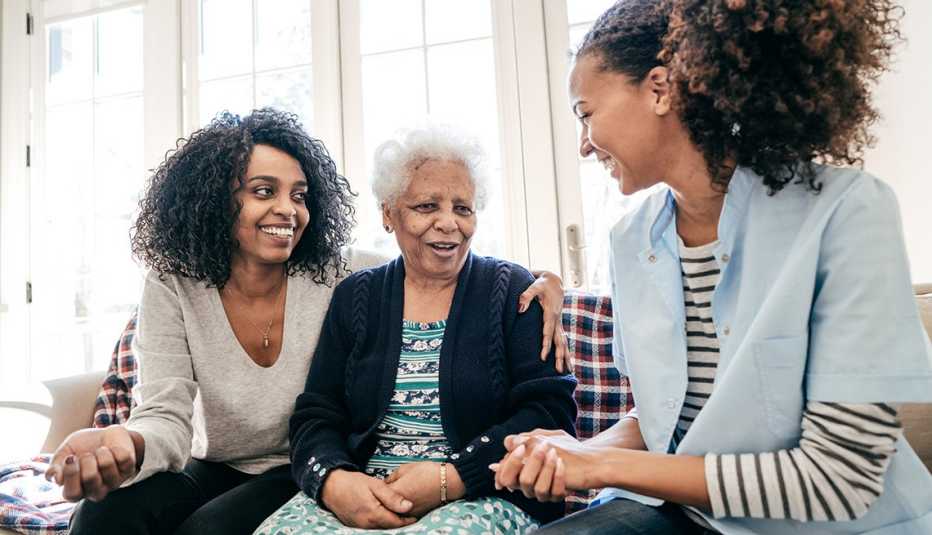Staying Fit
In the superbly acted 2007 movie The Savages, Laura Linney plays Wendy Savage, a single, struggling, middle-aged woman who, along with her brother (Philip Seymour Hoffman), is suddenly thrust into the role of family caregiver for her estranged father with dementia. Wendy is initially ineffectual and a bit scattered. Up to that point, she had approached her work and significant relationships hobbled by insecurities and indecision. She now feels overmatched by her responsibilities for her dad. But in this feel-good story about personal transformation through overcoming adversity, she discovers her own capabilities as an organizer and advocate and gains an inner confidence through caregiving that carries over to every other facet of her life.
Is this Hollywood fairy tale plausible? For the meek, the unassertive and the tentative, the prospect of interacting with doctors, managing medications and soothing confused and agitated loved ones as the primary caregiver is daunting. They have doubts about their medical knowledge, physical strength and emotional fortitude. Their lack of confidence makes them jittery and creates its own bad effects. Their care receivers react to their nervousness by becoming anxious and more difficult to work with. Other family members, too, sense these caregivers’ apprehension and begin second-guessing them, causing them to feel even less sure of themselves.


AARP Membership— $12 for your first year when you sign up for Automatic Renewal
Get instant access to members-only products and hundreds of discounts, a free second membership, and a subscription to AARP the Magazine.
But in real life, many individuals somehow grow through playing the caregiver role. They learn to do things they never dreamed they were capable of. They weather crisis after crisis and slowly gain trust in their own determination and competence. They learn to talk directly and commandingly to doctors, home health aides and insurance company representatives and face down know-it-all family members. They become stronger, tougher and better people by the time the caregiving is over.
How can family caregivers achieve such personal transformation and movie-like happy endings? Here are some ideas:
Approach your caregiving responsibilities with a learning mind-set
The first line of the well-known book Zen Mind, Beginner's Mind reads, “In the beginner's mind there are many possibilities, but in the expert's there are few.” In other words, beginners are better learners. They are open to fresh ideas and more willing to take chances and be creative than so-called experts who are constrained by convention. Most importantly, beginners are more self-forgiving. They know they are going to make mistakes and fall on their faces; they will then pick themselves up with some embarrassment but also new knowledge. Despite caregivers’ fears, it's highly unlikely that any mistake they make will significantly harm the care receiver. Rather, the caregivers will self-correct and hone their skills to do a better job over time.
Get help and advice on caring for a loved one at home with AARP's Care Guide



































































